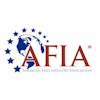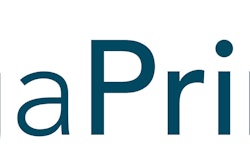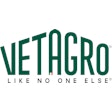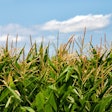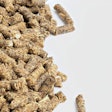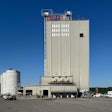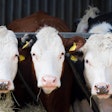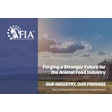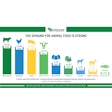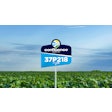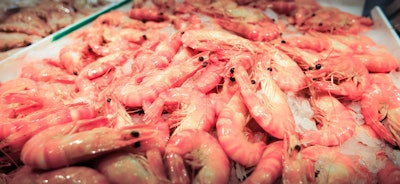
|
The U.S. Grains Council (USGC) set an ambitious goal in early 2020 to create 1.125 million metric tons of new demand for U.S. distiller’s dried grains with solubles (DDGS) in Southeast Asia by targeting the aquafeed industry. Through a series of research projects with both public and private partners, the results are flowing in - showing economic and nutritional advantages of using the co-product in diets for shrimp and tilapia. “DDGS show very good value in least cost formulation programs as a feed ingredient for lower crude protein feeds such as tilapia,” said Ronnie Tan, USGC aquaculture consultant in Southeast Asia. “Factors including xanthophyll and phosphorus availability also may make DDGS attractive to higher value species like shrimp.” Aquaculture is a large and growing production area. In 2019, 6.5 million tons of tilapia and 3.8 million tons of shrimp were produced globally. Aquafeed for these species - specifically tilapia - is produced by modern, integrated feed mills, meaning knowledge transfer is easily translated into demand. “The major constraint to DDGS use in aqua is not fear of trying, but the general unsureness of maximum allowable levels,” said Caleb Wurth, USGC assistant director of Southeast Asia. “Without this data, it would be unfeasible for us to consult and promote DDGS for aquafeed.” To fill the existing knowledge gap for DDGS use in aquafeed, the Council started exploring markets in Southeast Asia for potential research partners. Indonesia was identified as a key target market due to current aquafeed demand of 1.813 million tons annually and aggressive domestic policy seeking to reduce dependence on wild caught fish. The Council has partnered with the Ministry of Marine Affairs and Fisheries, Republic of Indonesia (MMAF) to examine the utility of DDGS in feeding the shrimp L. vannamei under Indonesian conditions. A virtual memorandum of understanding was signed this summer and the first feeding trial began in early September. In addition to this public partnership, USGC is simultaneously conducting private research with large, integrated industry partners in the region. The Council is also working to study the value of high-protein DDGS for these specific nutritional programs. These new specialized DDGS products offer high digestibility, which adds value specifically for shrimp, Asian seabass and grouper species. The Council will continue to work with public and private partners to determine the ideal formulations for both types of DDGS for use in aquafeed. “The accumulation of this data will help DDGS inclusion levels rise to their potential in aquafeed,” Wurth said. “As consumer trends evolve, so do USGC programs to meet this shifting demand. Farmed aquaculture will be a major low-cost protein source for the future, and DDGS inclusion will help drive this industry forward.” |
